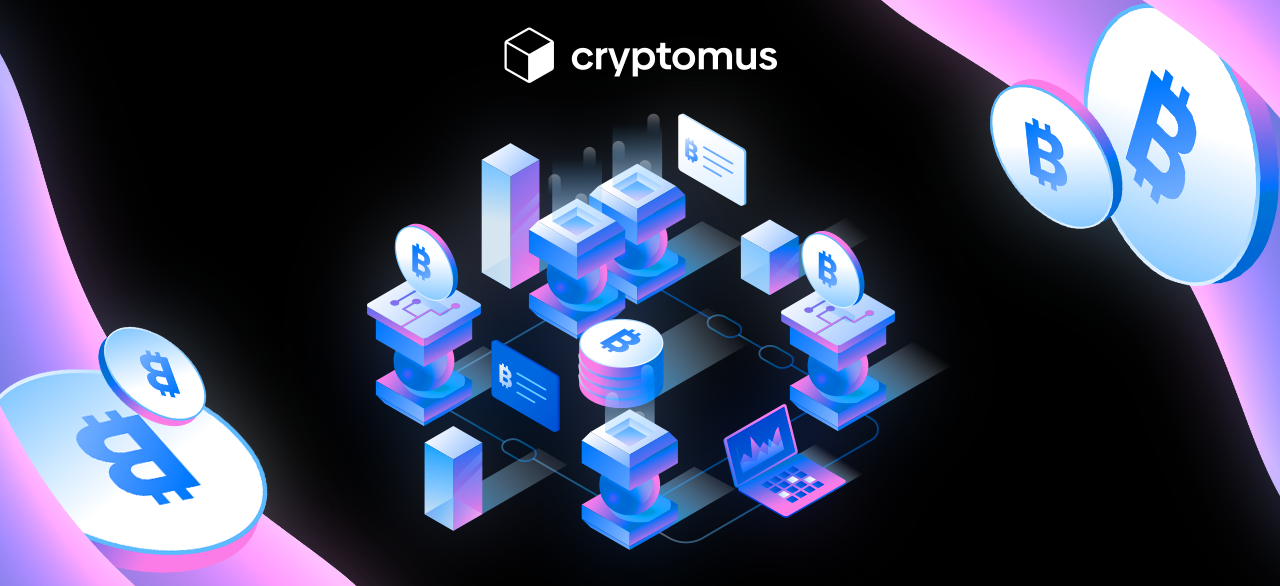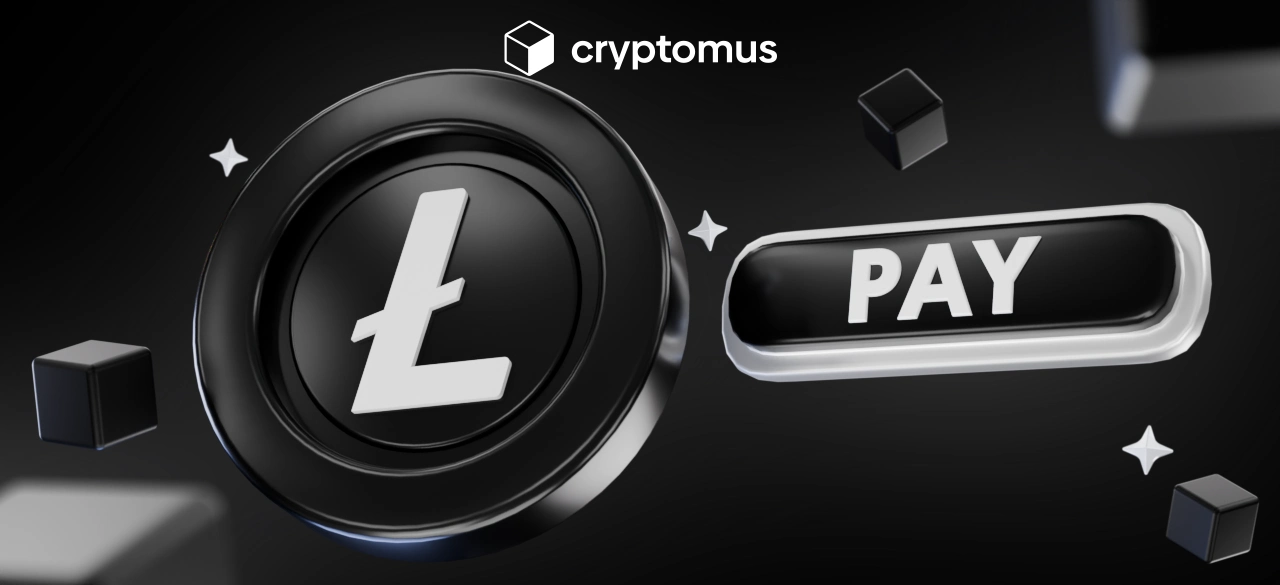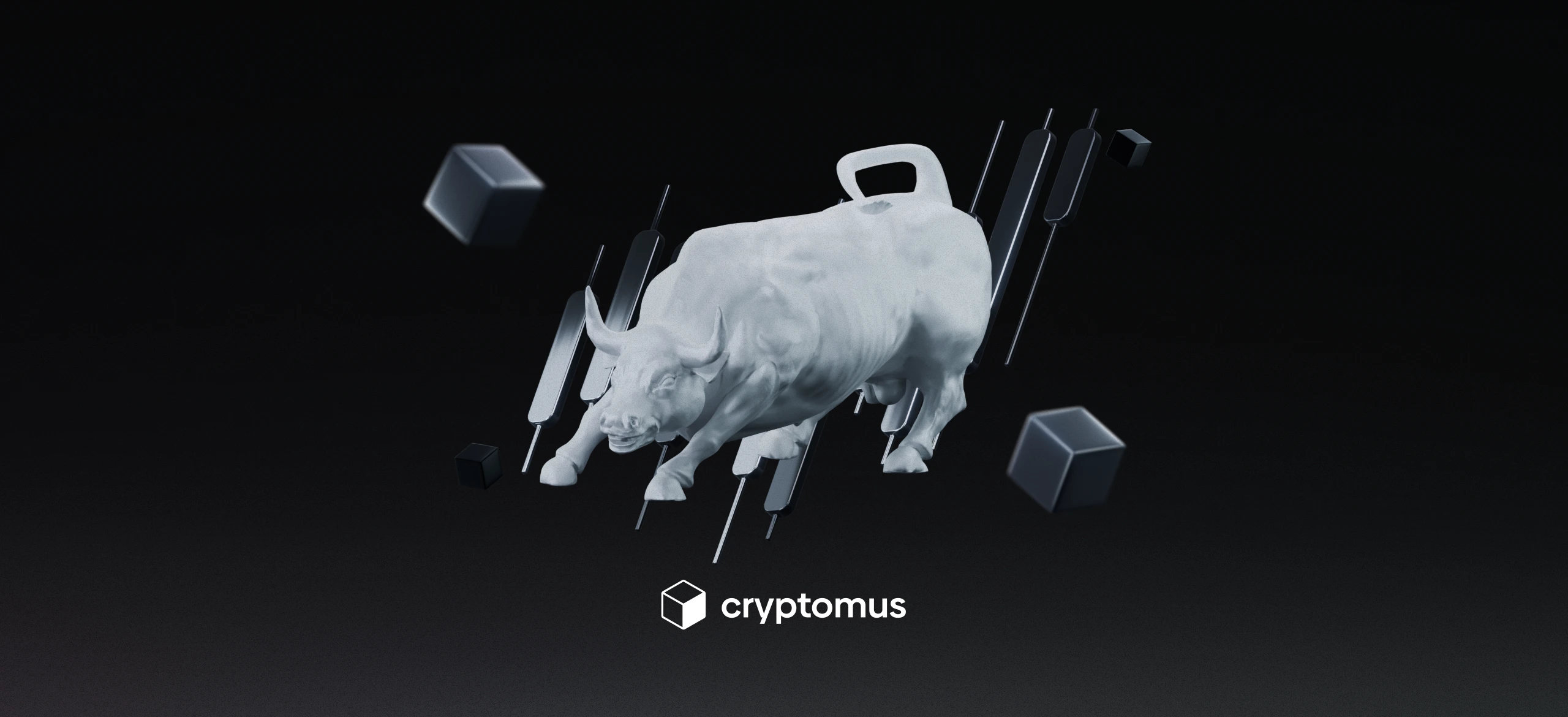
Blockchain in Payments: Blockchain Payment Processing
Table of Contents
Blockchain payment revolutionizes the way transactions are processed, offering enhanced security, transparency, and efficiency. This article explores what the blockchain is, the role of blockchain in payments, how it works, and what are the advantages it brings to a payment processing.
The Role Of Blockchain In Payments
Blockchain is a decentralized technology that provides secure, transparent and tamper-proof transactions and data storage. The blockchain consists of three key components: blocks, chains and nodes.
Blocks are digital containers where all the data is stored, and each block contains a unique code called a hash. Chains are a chronological sequence of blocks that are connected to each other. And nodes are individual computers or devices that participate in the blockchain network.
These three components that form the blockchain play an important role in blockchain payment processing. At the same time, blockchain payment processing serves as intermediaries between merchants, customers, and the blockchain network, enabling seamless and secure transactions. These gateways facilitate the conversion of traditional currency into digital assets and handle the processing and verification of transactions.
How Blockchain Payments Work
-
Speeds up the process. The blockchain provides direct peer-to-peer transactions, bypassing intermediaries. It simplifies the payment procedure and provides almost instant settlement; payments are processed in minutes or even seconds, regardless of the location or opening hours of the bank;
-
Automates payment processes. Blockchain uses smart contract technology - self-executing agreements with pre-defined conditions. They make automatic payments without manual intervention, which leads to faster and more accurate calculations;
-
Increases the security of payment details. Transactions are stored in a secure ledger using the blockchain, which makes it difficult for fraudsters to change payment data. In addition, the blockchain uses reliable cryptographic algorithms to encrypt transactions, so only authorized parties have an access to the data;
-
Provides transparency. Every transaction recorded in the blockchain is available to check . This transparency reduces the need for third-party auditing and allows real-time transaction monitoring.
Blockchain provides secure and efficient data exchange and storage. Due to this, it is believed that it has the potential to transform many industries.
Advantages of Blockchain in Payments
Blockchain offers several advantages over traditional banking practices:
-
Enhanced security through cryptography and decentralization. Blockchain for payment processing leverage advanced cryptographic techniques, ensuring secure and tamper-proof transactions. The decentralized nature of blockchain networks eliminates single points of failure, making them more resistant to hacks and data breaches.
-
Transparency and immutability of transaction records. Blockchain technology enables transparent and immutable transaction records. Every transaction is recorded on the blockchain, creating an auditable and verifiable transaction history that enhances trust and accountability.
-
Lower transaction costs and faster settlement times. Blockchain payment gateways eliminate the need for intermediaries, reducing transaction costs associated with traditional payment processing systems. Additionally, the decentralized nature of blockchain enables faster settlement times, eliminating the delays typically associated with traditional financial transactions.
-
Global accessibility and inclusivity. Using blockchain for payment processing provides global accessibility, allowing users from different parts of the world to participate in transactions without the need for traditional banking infrastructure. This inclusivity empowers individuals who are unbanked or underbanked to engage in digital transactions.
-
Potential for eliminating intermediaries and reducing fraud. Blockchain payment systems have the potential to eliminate intermediaries, such as banks or payment processors, reducing the fees and complexities associated with traditional payment systems.
What is Blockchain Based Payment Gateway And How It Works
Blockchain payment gateways are innovative systems that facilitate the acceptance and processing of cryptocurrency payments for businesses and merchants. The technology of blockchains works like a general ledger, where all transactions are recorded and published.
Blockchain-based gateways offer a flexible and simple payment solution because they are more global than the fiat currency and are configurable by crypto providers and users themselves. When a customer buys a product using cryptocurrency, the gateway serves as an interface that interacts with the user while making a purchase. Moreover, the gateway interacts with the crypto wallet to ensure that the funds in the selected currency are sufficient.
Here's a simplified explanation of how blockchain payment gateways work:
-
Customer Initiates Payment: The customer chooses to make a payment using a supported cryptocurrency, such as Bitcoin or Ethereum, during the checkout process on the merchant's website or point-of-sale system.
-
Payment Request Generated: The merchant's system generates a unique payment request, including the payment amount and the recipient wallet address.
-
Payment Information Sent to the Gateway: The payment request is then forwarded to the blockchain payment gateway. This gateway acts as an intermediary between the merchant and the blockchain network.
-
Payment Verification: The blockchain payment gateway verifies the payment request by checking the validity of the customer's transaction details, including the wallet address, transaction amount, and other relevant information.
-
Broadcasting the Transaction: Once the payment is verified, the blockchain payment gateway broadcasts the transaction to the corresponding blockchain network, such as the Bitcoin or Ethereum network.
-
Transaction Confirmation: Miners or validators on the blockchain network verify and validate the transaction. This process typically involves confirming the transaction's authenticity, ensuring sufficient funds are available, and adding it to the blockchain's distributed ledger.
-
Payment Status Update: The blockchain payment gateway receives confirmation of the transaction from the network and updates the payment status accordingly. This status update is then communicated back to the merchant's system.
-
Merchant Receives Payment: The merchant receives the confirmed payment and may choose to convert the cryptocurrency received into fiat currency or retain it as a cryptocurrency asset.
-
Settlement: Depending on the merchant's preference, the blockchain payment gateway may settle the received cryptocurrency funds periodically by converting them into the desired fiat currency and transferring them to the merchant's bank account.
Blockchain payment gateways streamline the payment process, allowing businesses to accept cryptocurrency payments with ease and convenience. They offer benefits such as increased transaction speed, reduced fees compared to traditional payment systems, and the ability to tap into the global reach of cryptocurrencies.
Blockchain Payment Gateways Key Components: Wallets, Smart Contracts, And Consensus Mechanisms
1. Wallets: Users store their digital assets, such as cryptocurrencies, in crypto wallets. These instruments provide users with the opportunity to send and receive payments securely.
Cryptomus stands out as a reliable blockchain payment gateway provider due to its emphasis on functionality and wallet protection. Crypto wallets as personal and business tools offer enhanced security measures to safeguard digital assets, minimizing the risk of unauthorized access or theft. By prioritizing wallet protection, Cryptomus provides the best conditions of cryptocurrency integration to businesses and individuals utilizing their blockchain payment gateway services.
2. Smart Contracts: Smart contracts are self-executing contracts with predefined rules and conditions. They automatically facilitate and enforce the terms of the transaction, eliminating the need for intermediaries.
3. Consensus Mechanisms: Blockchain networks rely on consensus mechanisms, such as proof of work (PoW) or proof of stake (PoS), to validate and verify transactions. These mechanisms ensure the integrity and security of the network.
Use Cases Of Blockchain In Payments
How to use blockchain for payment gateway? Blockchain has numerous advantages over traditional payment methods due to its security and transparency. There are a few most effective use-cases of blockchain in payments that include e-commerce, remittances, supply chain and micropayments. Let's take a closer look at them:
E-commerce: Facilitating secure and instant transactions between buyers and sellers
Blockchain payment gateways enable seamless and secure transactions in e-commerce, ensuring trust between buyers and sellers. By leveraging blockchain's decentralized and transparent nature, these gateways eliminate the need for intermediaries, reducing costs and enhancing transaction speed.
Remittances: Enabling low-cost cross-border transfers and financial inclusion
Blockchain based payment gateway revolutionize the remittance industry by providing affordable and efficient cross-border transfers. Through blockchain's decentralized network, individuals can bypass traditional intermediaries, reducing fees and settlement times. This technology promotes financial inclusion by offering affordable remittance services to underserved populations.
Supply Chain: Enhancing transparency and traceability in product transactions
Blockchain payment gateways play a vital role in enhancing supply chain transparency and traceability. By integrating payment processing capabilities into blockchain-based supply chain platforms, businesses can ensure secure and efficient transactions while maintaining an immutable record of each transaction's history. This promotes trust and accountability throughout the supply chain.
Micropayments: Enabling cost-effective transactions for digital content and services
Blockchain payment gateways facilitate micropayments, enabling users to make small, cost-effective transactions for digital content and services. With low transaction fees and the ability to process numerous small-value transactions, blockchain-based payment gateways empower content creators, app developers, and service providers to monetize their offerings efficiently.
How To Integrate Blockchain Payments Into Your Business
Blockchain technology has found its application in various business sectors. They are mainly those areas for which it is a priority to use fast and reliable payment solutions for the clients. These businesses include e-commerce, investment funds, brokerage firms and cryptocurrency exchanges, etc. Let's look at the algorithm of how to integrate blockchain into your business:
-
Step 1: Determine the use-case. Use-cases are detailed narratives that describe how users interact with a product or system to achieve their goals. The project based on the use-case is a successful project. Most use-cases fall into one or more categories that include smart contracts, tokenization, data verification or digital identifiers. The true essence of blockchain is to create a distributed network that can bridge the gap between different industries worldwide.
-
Step 2: Define a consensus mechanism. The cryptocurrency blockchain uses the power of the Proof of Work (PoW) consensus protocol. There are also many other algorithms, including Proof of Stake (PoS) and Proof of Elapsed Time (PoET). The algorithm should be chosen depending on the use-case.
-
Step 3: Choose the suitable platform. There are many platforms on which crypto operations can be implemented. Its choice depends on the use-case and the consensus algorithm. For example, Cryptomus is a blockchain payment gateway that specializes in the secure and easy cryptocurrency integration. They offer a range of services for business, including fast payment processing, secure storage of digital assets as a crypto wallet, and reliable P2P exchange. So, it’s a perfect choice that focuses on providing a safe and user-friendly experience working with any cryptocurrency for both merchants and customers.
-
Step 4: Create a Proof of concept (PoC). Proof of concepts highlights the viability and feasibility of a use-case, basically demonstrating the idea. At this stage, many unforeseen obstacles are identified and eliminated.
-
Step 5: Do marketing and fundraising. When the community expresses trust, fundraising becomes easier. Gaining trust depends on how new the idea is and how well the proof of concept is implemented. There are several ways to raise funds for the project that include ICOs, loan and venture capitalists.
After financial issues are settled, it will be necessary to hire staff to implement the project on a large scale. Then you need to launch a beta version of the product to analyze customer behavior, and after that you can launch an application ready for production. Do not forget to study the regulatory requirements in your country. Many countries are very skeptical about blockchain technology and therefore take strict measures against it.
Blockchain technology is an attractive alternative to traditional payment systems. Due to advantages such as fast calculations, increased security and low fees, it is being chosen by more and more organizations to optimize their work. If you also want to integrate blockchain technology into your business to make crypto payments, use the Cryptomus platform - your data will always be safe here.
Thank you for reading the article! If you have any more questions about blockchain technology, you can ask in the comments.
Simplify Your Crypto Journey
Want to store, send, accept, stake, or trade cryptocurrencies? With Cryptomus it's all possible — sign up and manage your cryptocurrency funds with our handy tools.
Get Started









